When NExT Is Now
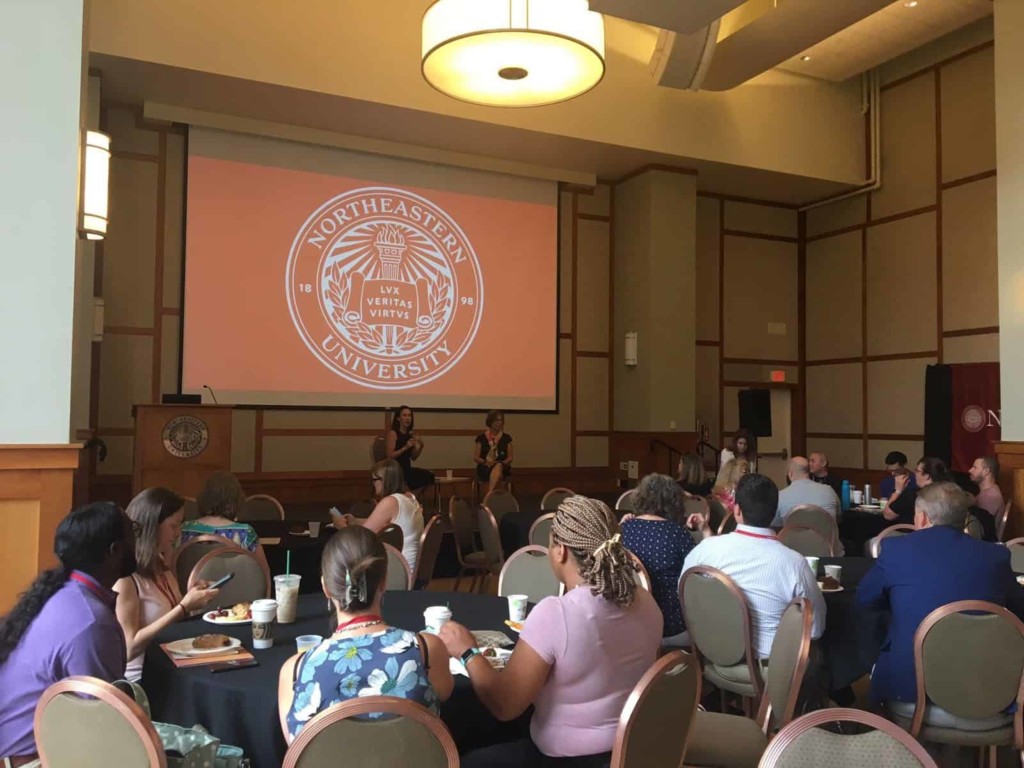
By: Lindsay Portnoy.
How could we use experiential learning to reframe educational problems as opportunities and make learning more equitable globally? Over 100 educators representing thousands of educational settings across the country recently gathered at Northeastern Experiential Learning Network (NExT) to discuss this important question. The NExT network is a hub of innovation- and activation-inspiring educators who create and sustain solutions to transform the nature of education by tapping into revolutionary networks across the globe.
Scholar-practitioners from diverse settings joined the network in person and represented a wide swath of learning spaces: from a 630-seat public K-8 lab school in urban Charlotte, North Carolina to a 3,000+ student district in suburban Barrington, Rhode Island. From Boise to Tahoe and Cohasset to Long Island, educators arrived prepared to share their work designing more experiential learning in their learning spaces in the hopes of growing, learning, and scaling these models for classrooms nationwide.
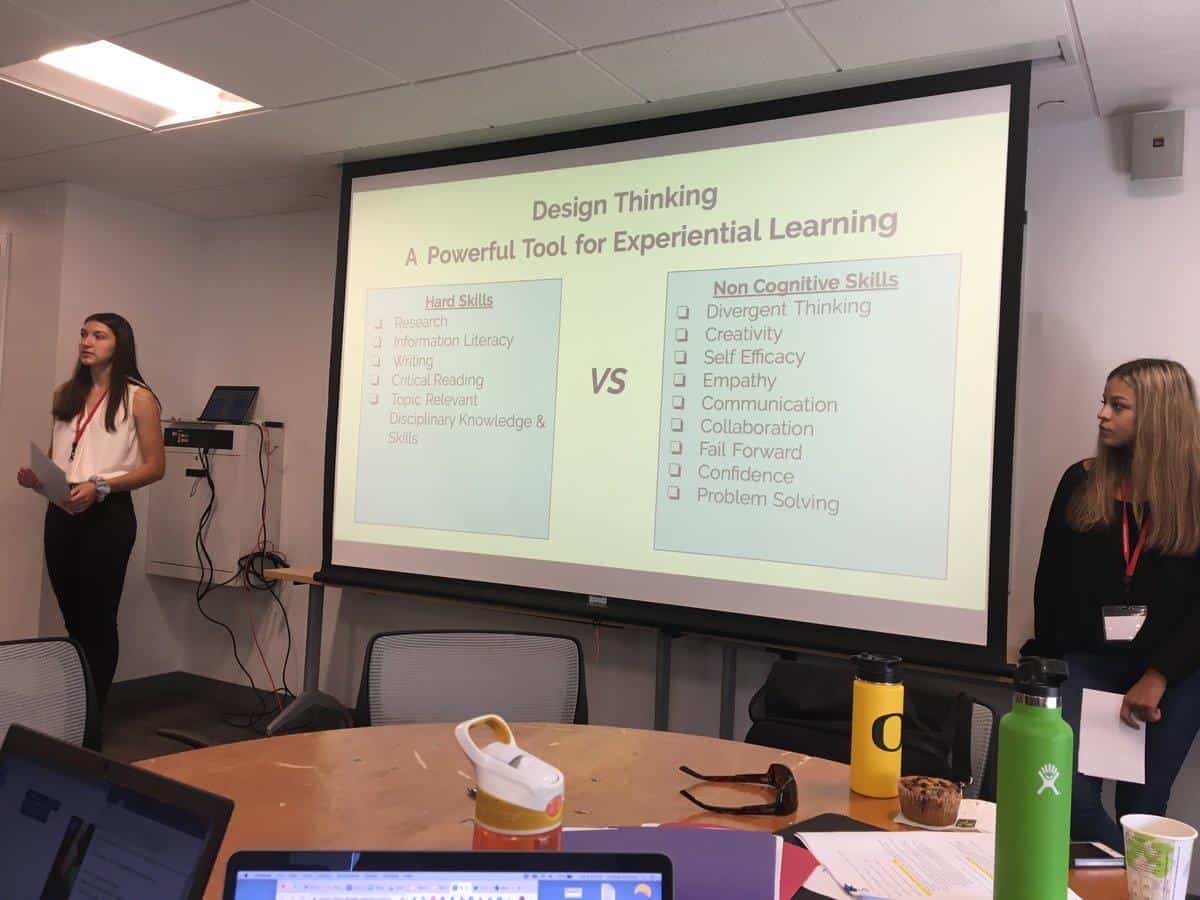
The gathering celebrated successes across the network alongside an honest look at the vulnerability necessary to undertake such dramatic shifts in pedagogy. Their solutions are nothing short of profound and the challenges faced by each district, school, and classroom bring about new opportunities in preparing for a new school year.
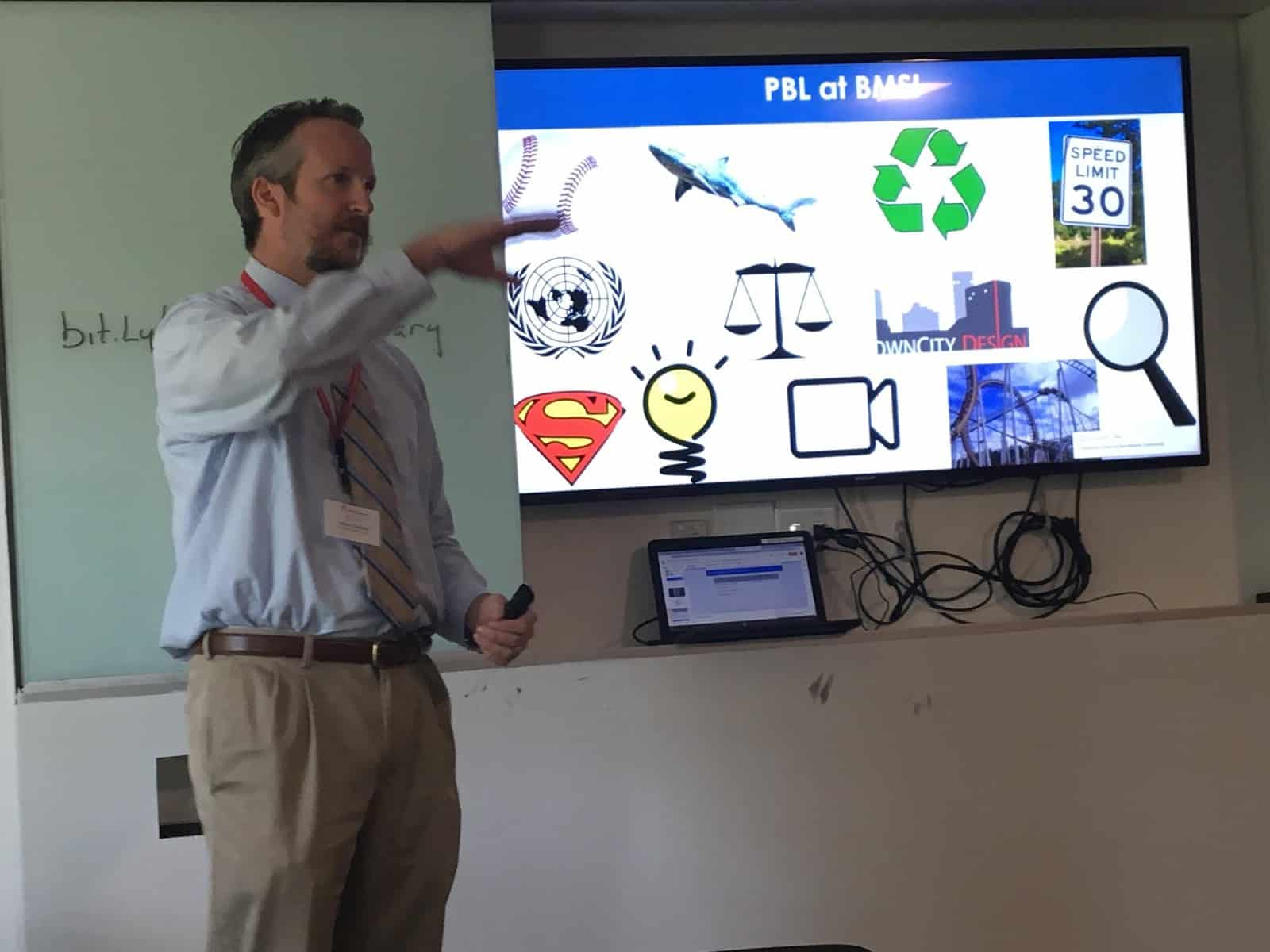
Seeing Problems as Challenges and Collaborating Toward Solutions
Over the three-day event, attendees moved between homerooms where they worked to design solutions to implement this fall and workshops hearing firsthand about enacting experiential learning in diverse learning spaces. The challenges of assessment, funding, and vulnerability provided a kaleidoscope of opportunities ripe for attendees to tackle moving the needle toward a more just and equitable learning environment.
The three overarching challenges that resonated most with participants included the need for significant shifts toward:
- rethinking traditional assessment;
- funding for equity, and;
- being vulnerable in adopting new practices.
1. Assessment. A recurring theme of the convening was the sanction-based assessment system currently in place in our country. One Stone students Chloe French and Arianna Carlson led a session called “Out-of-the-Box Schooling,” sharing what education can look like when students work with educators to create relevant learning. “Using the growth transcript at One Stone helped me see where I had opportunities to grow and put me in the driver’s seat of my own learning,” Carlson said. “I was empowered to be a part of choosing my path and was able to evolve to where I wanted to be knowing my transcript focused on growth and not one point in time.”
2. Funding. Assistant Superintendent for Learning Dr. Paula Dillon and Middle School Principal Dr. Andy Anderson from Barrington Public Schools see the challenges assessment brings alongside potential opportunities as they move their district toward an asset-based approach of competency-based assessments. Their session addressed the second big challenge in bringing experiential learning to schools: funding. Together, they shared innovative models where teachers work with colleagues who’ve been trained in an approach and act as trainers, slowly growing the number of classrooms using experiential learning over time. In this way, the voices of teachers and students are raised in exploring meaningful content.
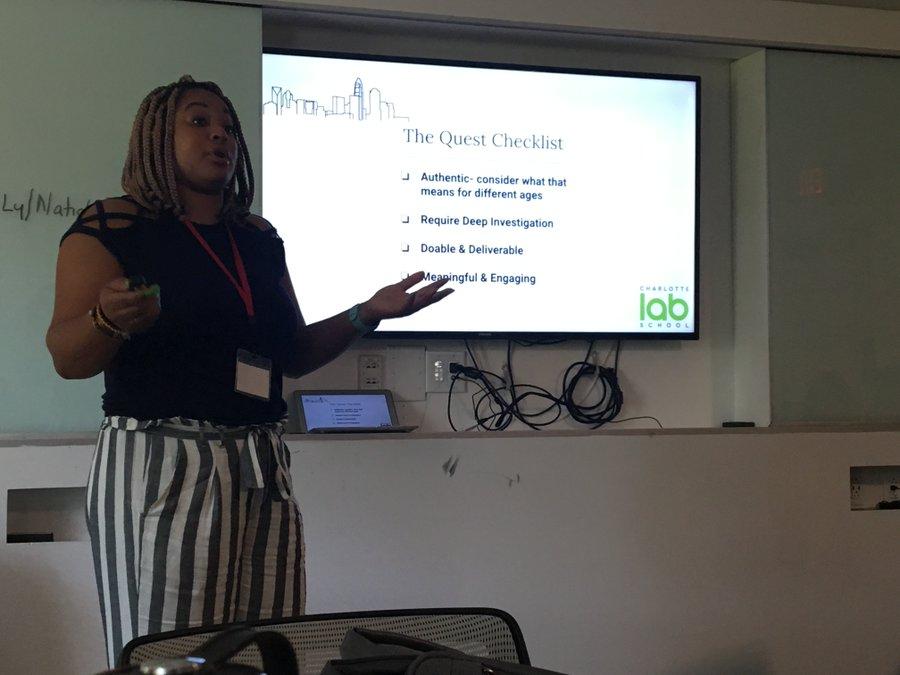
3. Vulnerability. Assistant Principal at the Charlotte Lab School (CLS) Ricky Singh and educator Deikeya Greer addressed the challenge of vulnerability in innovating towards experiential learning. Greer explained her students’ experiential learning quests. “They’re not separate from the content but intrinsically linked. Students aren’t just making brownies to learn math; they’re learning about sustainable agriculture, using local materials, and baking brownies for our pop up restaurant to serve the wider community.” What’s unique about the work at CLS is the focus on authentic learning with community partners. According to Singh, “we need to be vulnerable in acknowledging that the collective knowledge of the community will enhance learning for all our learners.” Being vulnerable in openly collaborating and inviting feedback from the community resulted in partnerships with over fifteen local organizations that enrich the learning for all students.
Celebrating Successes and Scaling Results
Design labs woven throughout the event provided multiple opportunities for thoughtful reflection in designated homerooms where participants shared how they might innovate within their own learning environments.
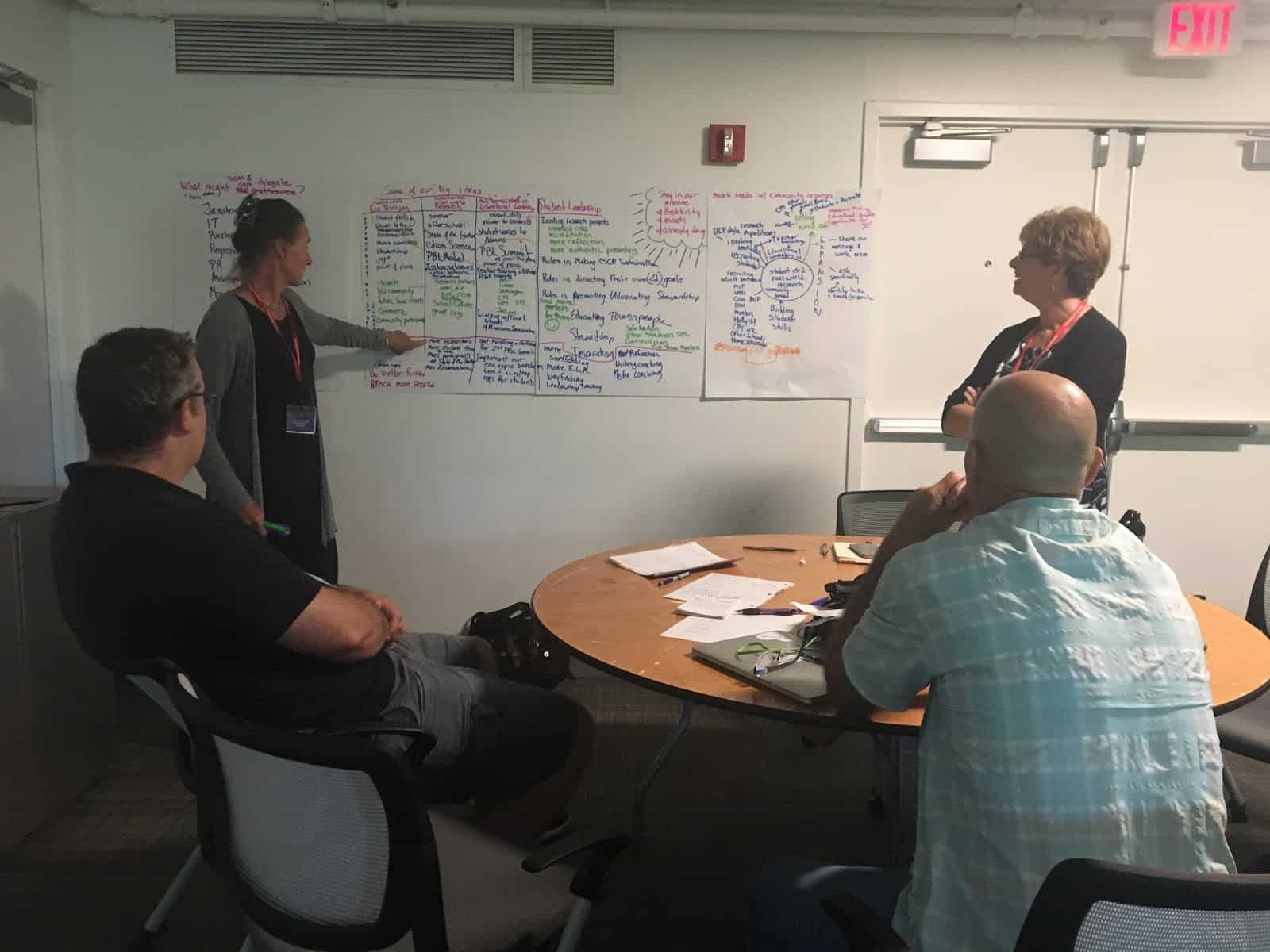
The three biggest opportunities to emerge from the convening include many of the fundamental truths from decades of education including the opportunity to:
- honor and raise student voice;
- build stronger communities through transparency, and;
- increase the relevance of learning to learner lives.
Student Voice. Ken Martin of the Tahoe Expeditionary Academy shared how student voice is central to learning during “intensives” where learners explore multiple perspectives of complex content. In a recent intensive, learners explored the debate around mining uranium where one group of students visited an active uranium mill to hear firsthand from workers who resolutely stated how radiation in airplanes is far worse than that of mining uranium. A second group met with native peoples who live on the land by the mills and shared another perspective, citing the dangers for their children to play outside because of an increase in the incidence of asthma as well as the pollution’s impact on their access to clean water. How then are students to come to terms with such disparate experiences shared firsthand by two distinct sets of stakeholders? “We bring the groups together to share their stories together over a campfire,” says Martin.
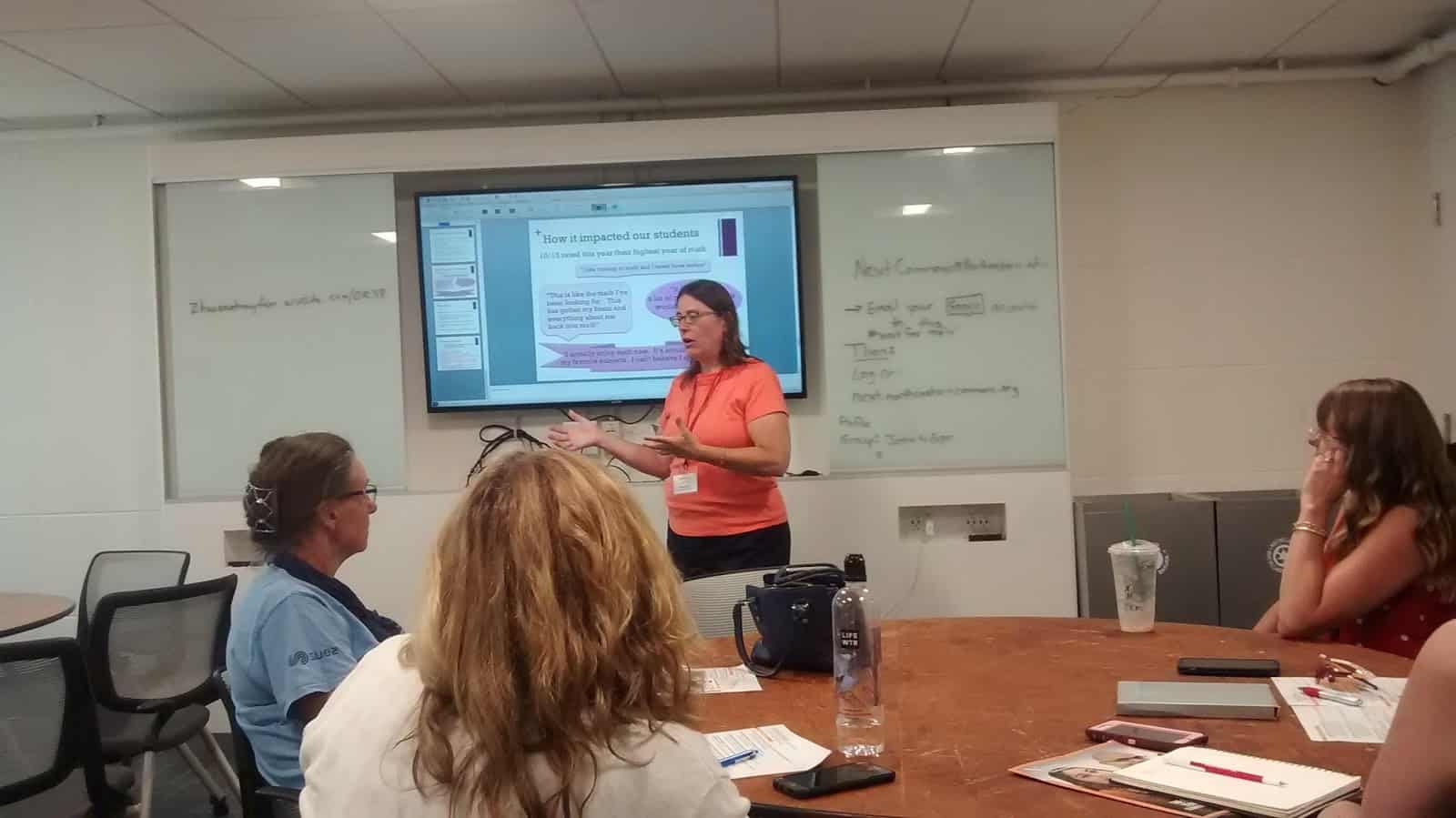
Building Communities. Scholar-practitioner Dr. Monica Housen teaches math in Ridgefield, CT, and demonstrated how experiential learners helped her grow a stronger community of practice. Housen worked with colleagues at her public high school and in co-creating more impactful learning experiences modeled how traditional models may be in need of an upgrade. “We went into each other’s classrooms to co-create the learning together and support our learners together.” An incredible ‘a-ha moment’ occurred when a school leader took note and suggested, “maybe the midterm exam didn’t have to be a two-hour multiple choice test, maybe we can make changes in other courses?”
Relevance. Each initiative embedding experiential learning into pre-K through high school classrooms presents a tremendous opportunity for all educators and learners: increasing the relevance of learning to the lives of our learners. Making learning relevant and applied through experiential learning has wide-reaching implications. Whether students see the utility of math from fractals to financing a car, or understand the impact of distinct perspectives of those involved in uranium milling, making learning meaningful and relevant is the greatest opportunity of experiential learning.
An Open Invitation to Transformative Innovation
The challenges of standardized assessment that is in contrast to the constant push of a growth mindset is evident in these classrooms. As all stakeholders identify the need to measure growth over time and focus on process, the development of a novel growth transcript by One Stone is both needed and timely. The vulnerability necessary in bringing in educators from other classrooms and experts from the community—as evidenced by the folks at the Charlotte Lab School and Barrington—show learners how teachers are walking the walk of a growth mindset to invite constant reflection and iteration.
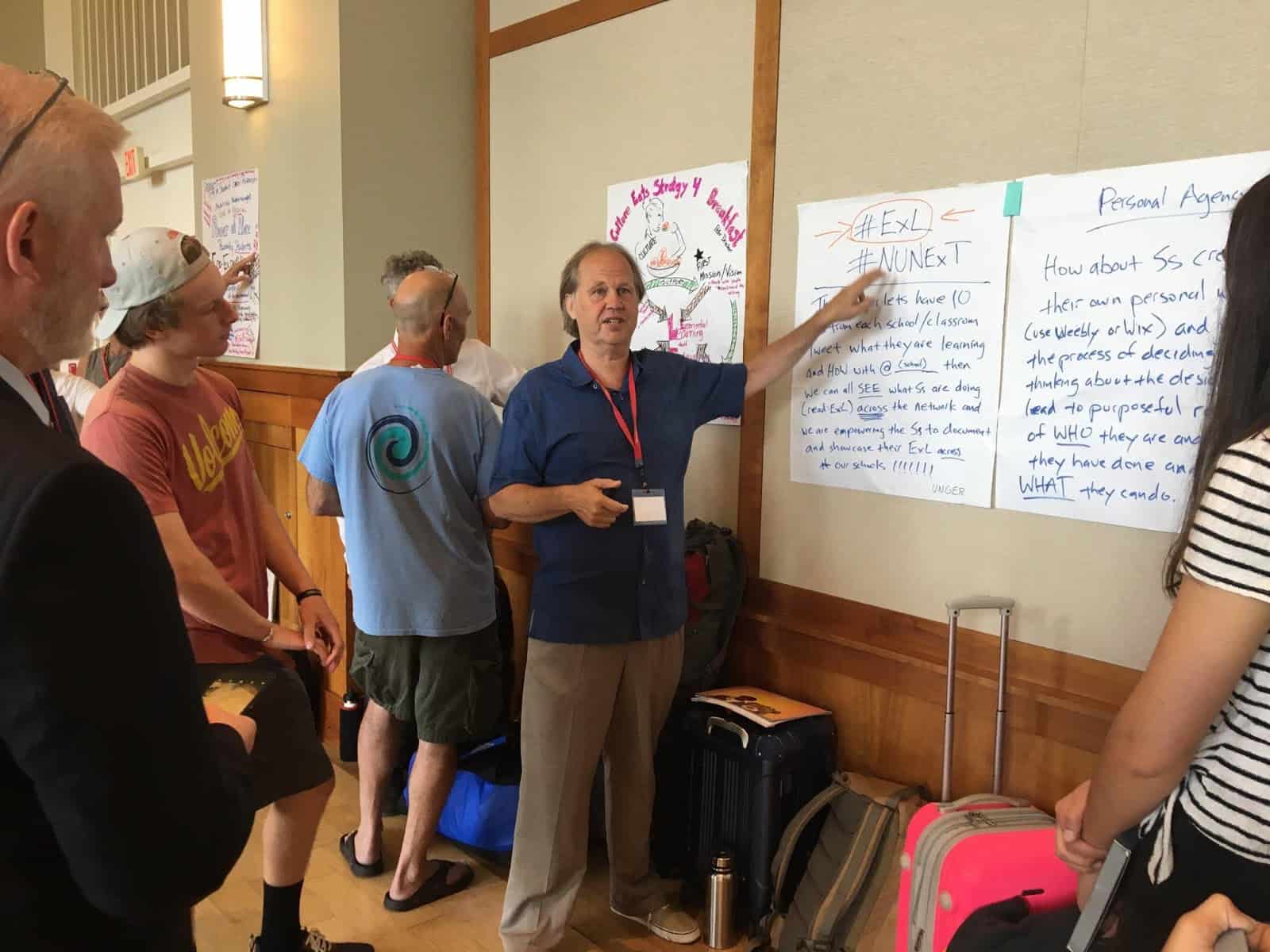
The question of equity in funding transformative initiatives remains, despite ample resources available for standardized assessments and the test-prep materials they require. The over-reliance on standardization is ready to be challenged and it’s time to embrace a new call-to-action on a global scale. Shifting traditional metrics toward growth may help fund initiatives where every learner gets what they need, creating space to be vulnerable enough to ask for support in iteration and growth toward being stronger tomorrow than we are today.
Of the statements made at the NExT Convening, perhaps the most profound was the shared rallying cry: “We’re not preparing kids for something in the future, we’re showing them that they’re already whole and can contribute to the world through meaningful learning today. What we need now is to scale these innovations to meet more learners across the country and create the just and equitable model of education that every learner deserves not for their work for tomorrow but for their lives today.”
For more, see:
- One Stone: Where Purpose Meets Impact
- Developing the Whole Child, One Collaboration at a Time
- Keys to Formative Assessment: A Professional Learning Guide
Dr. Lindsay Portnoy is a cognitive scientist, lecturer at Northeastern University, and Chief Learning Officer at Killer Snails working and writing at the intersection of cognition, assessment for learning, and emerging technology. Connect with her on Twitter: @lportnoy.
Stay in-the-know with innovations in learning by signing up for the weekly Smart Update.
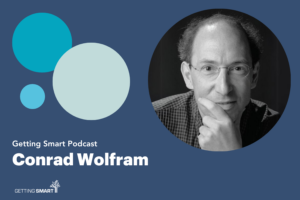
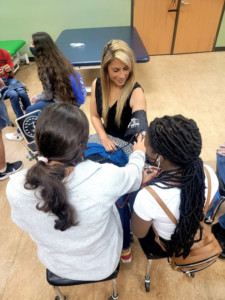

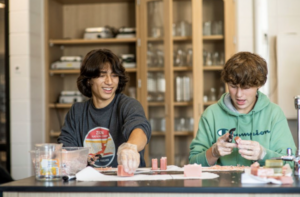
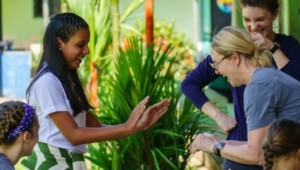
Grace Belfiore
Thanks so much, Lindsay, for this thoughtful set of highlights from the Summer convening! We also want to thank all the network participants who generated such energy through their honest reflection on practice and their boldness in offering big ideas for feedback.
Experiential learning is one of the most powerful approaches available to schools to address deeper learning, student agency, and real world success skills. And we're all in it together. Our goal is to support K12 peer-to-peer collaboration and mentorship in ExL, while in turn, learning from NExT to support the evolution of the Northeastern's GSE as it also works to become more fully experiential.
Anyone interested in finding out more should contact us at [email protected]. If you are in the southeast, consider joining us at our Charlotte campus Pop-up in November.